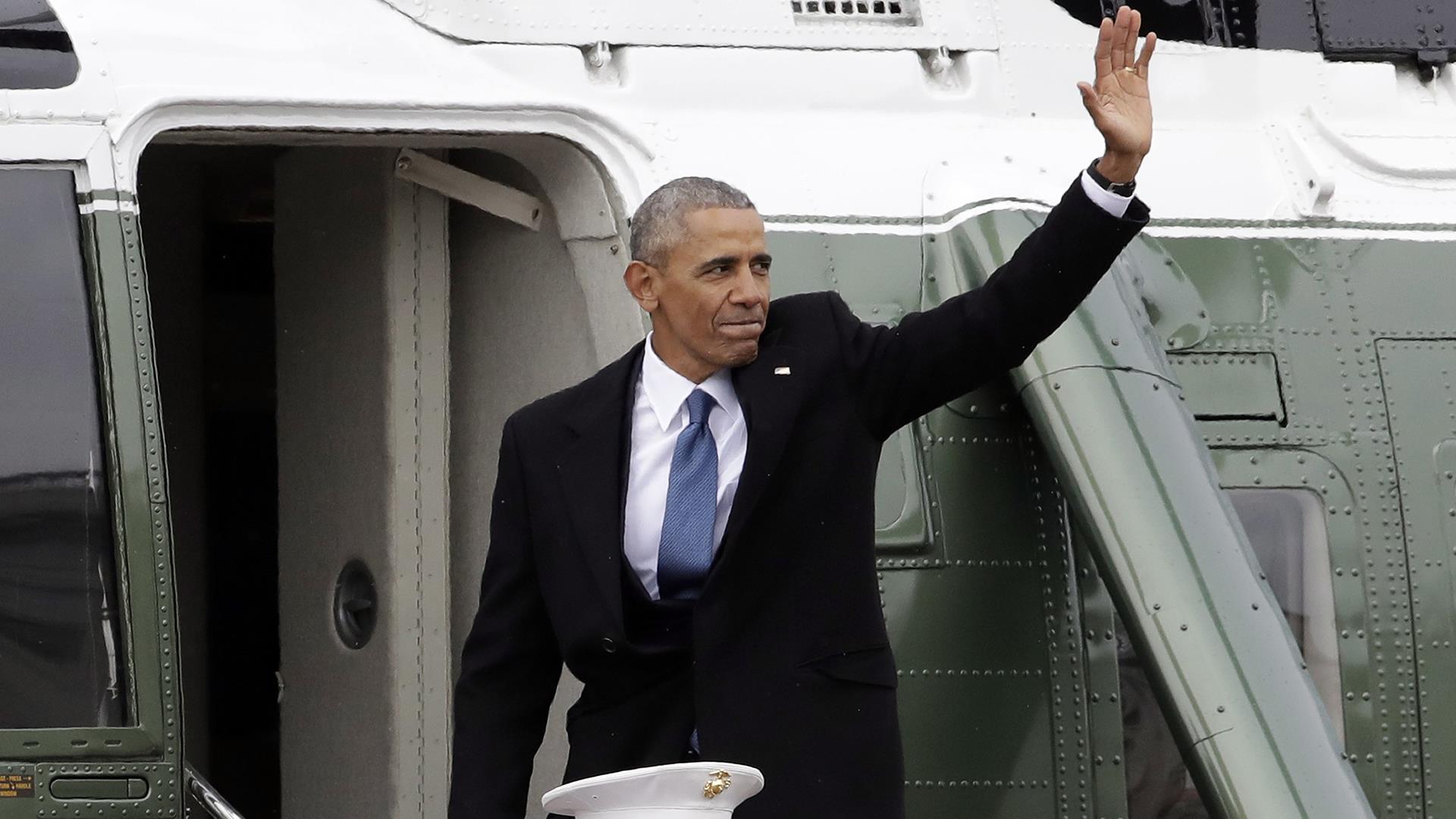In Mueller We Trust
Once again, Robert Mueller has shown he is several steps ahead of public officials and journalists. The quickness with which he has filed initial indictments took most by surprised. In an effort to catch up with the #realnews, cable news outlets have spent the last 48 hours speculating about arrests and perp walks based on what usually happens after a prosecutor files a sealed indictment.
I caution you not to be disappointed if this does not happen. All the pundits are assuming the indictments were sealed in case the persons named are a flight risk. But there is an alternative possibility. Mueller may not want the next group of interview subjects to have the benefit of what he already knows. If I were on Mueller’s team, I would hope to catch future interviewees in contradictions between their versions of what happened and what a grand jury has already determined as sufficient to bring charges. It would be much easier for these interviewees to elude the truth without committing perjury if they had advance knowledge of what others have offered up or the prosecution’s interpretation of the evidence.
I’m “Mattis” as Hell and I’m Not Going to Take It Anymore
We’ve already seen how contact with Comrade Trump has corrupted one general as evidenced by John Kelly’s pathetic effort to defend the liar-in-chief by dishonestly smearing a member of Congress. It now appears Trump’s stupidity is also a health threat to anyone in his proximity.
On Saturday Secretary of Defense Jim Mattis made two statements which appear to have come straight from Trump’s cranium. First, he said, “I cannot imagine a condition under which the United States would accept North Korea as a nuclear power.” I hate to break it to you, General, but North Korea IS a nuclear power. You are not the father of the bride. Kim Jung-un obviously did not need your blessing. Recognizing this fact would go a long way toward crafting policy to lessen the threat of a no-win nuclear confrontation.
This non-starter was followed by, “Make no mistake, …any use of nuclear weapons by the North will be met with a massive military response that is effective and overwhelming.” Duh! Some things need not be said. And while this statement is probably true, it could be said by any nuclear power to any other nuclear power. Imagine Trump’s tweet-storm if Kim Jung-un had said, “Make no mistake, any use of nuclear weapons by the United States will be met with a massive military response that is effective and overwhelming.” Trump’s tiny fingers would be on fire.
A Tale of Two Administrations
Carl Jung must be laughing hysterically this weekend. I can hear him point to Friday’s news and saying, “Now you know what I meant by synchronicity, unrelated events which can have a deeper meaning.” Is it a coincidence that on the same day CNN reported the filing of the first indictments in the Trump/Russia investigation, former President Barack Obama was called for jury duty? In other words, while one man continues to honor his oath to “preserve and protect the Constitution” by fulfilling his public duty, the other is trying to figure out how he can sidestep his oath of office to save his own skin.
For what it’s worth.
Dr. ESP
 One of today’s great ironies is how often individuals who accuse others of violating the U.S. Constitution have little, if any, appreciation for what the the document actually says. The latest example is none other than Ann Coulter who last week responded to Comrade Trump’s flip-flop on DACA by tweeting, “Who doesn’t want Trump impeached?” Seems like everybody except his die-hard base and spineless Republican members of the House of Representatives.
One of today’s great ironies is how often individuals who accuse others of violating the U.S. Constitution have little, if any, appreciation for what the the document actually says. The latest example is none other than Ann Coulter who last week responded to Comrade Trump’s flip-flop on DACA by tweeting, “Who doesn’t want Trump impeached?” Seems like everybody except his die-hard base and spineless Republican members of the House of Representatives. But my affinity to Ivanka does not end there. This week, she told us she suffered from postpartum depression following the birth of each of her three children. I feel her pain. I too have had bouts of postpartum depression since January 20th when Barack Obama departed the White House.
But my affinity to Ivanka does not end there. This week, she told us she suffered from postpartum depression following the birth of each of her three children. I feel her pain. I too have had bouts of postpartum depression since January 20th when Barack Obama departed the White House. As for the trip to Ft. Knox, Kentucky, there was no scheduled event which required Mr. Mnuchin’s presence. And he later claimed he had no interest at all in the solar eclipse. In an interview with Vanity Fair, Mnuchin said, “You know, people in Kentucky took this stuff very serious. Being a New Yorker and [living for a time in] California, I was like, the eclipse? Really? I don’t have any interest in watching the eclipse.” So much for Republican claims it’s the Democrats who are coastal elites.
As for the trip to Ft. Knox, Kentucky, there was no scheduled event which required Mr. Mnuchin’s presence. And he later claimed he had no interest at all in the solar eclipse. In an interview with Vanity Fair, Mnuchin said, “You know, people in Kentucky took this stuff very serious. Being a New Yorker and [living for a time in] California, I was like, the eclipse? Really? I don’t have any interest in watching the eclipse.” So much for Republican claims it’s the Democrats who are coastal elites. Which brings us to North Korea. For some reason, sticky issues always come back to Sam Kinison’s controversial declaration, “I don’t condone wife-beating, but I understand it.” That’s exactly how I feel about North Korea. I don’t condone nuclear proliferation, but in this case, I understand it. Put yourself in Kim Jong-un’s shoes. You watched the United States invade the sovereign nation of Iraq and overthrow its government. What would keep the USA from doing the same thing in North Korea? The obvious answer is nuclear deterrence. History suggests it works. Nuclear capability kept the cold war from heating up. It maintains a relative state of peace between India and Pakistan. And it remains Israel’s wild card as a weapon of last resort in the event of a second potential holocaust.
Which brings us to North Korea. For some reason, sticky issues always come back to Sam Kinison’s controversial declaration, “I don’t condone wife-beating, but I understand it.” That’s exactly how I feel about North Korea. I don’t condone nuclear proliferation, but in this case, I understand it. Put yourself in Kim Jong-un’s shoes. You watched the United States invade the sovereign nation of Iraq and overthrow its government. What would keep the USA from doing the same thing in North Korea? The obvious answer is nuclear deterrence. History suggests it works. Nuclear capability kept the cold war from heating up. It maintains a relative state of peace between India and Pakistan. And it remains Israel’s wild card as a weapon of last resort in the event of a second potential holocaust. The second example is the reason we chose Winnipeg as a destination for this vacation. The city is currently hosting Folklorama, a two week international festival with cultural pavilions representing more than 40 nations. Last night we attended an event at the Cuban Pavilion for which all the performers were life-long Canadian residents who found outlets in Winnipeg and Edmonton to learn and perform their native music and dance. The same was true of the “ambassadors” from several other national exhibits. Whether Serbian or Polish, the answer to the question, “How long have you been in Canada,” the answer was always, “My whole life.”
The second example is the reason we chose Winnipeg as a destination for this vacation. The city is currently hosting Folklorama, a two week international festival with cultural pavilions representing more than 40 nations. Last night we attended an event at the Cuban Pavilion for which all the performers were life-long Canadian residents who found outlets in Winnipeg and Edmonton to learn and perform their native music and dance. The same was true of the “ambassadors” from several other national exhibits. Whether Serbian or Polish, the answer to the question, “How long have you been in Canada,” the answer was always, “My whole life.”